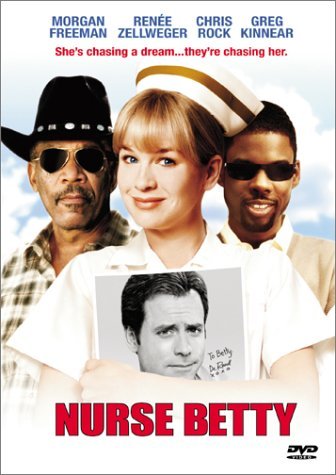Subcultures as “noise” in place of “sound”
February 6th, 2008 by nlang1
After reading the Hebdidge piece regarding subcultures, I was struck by how well he defined the process by which a subculture – or the content they are gathered around – becomes incorporated into mass media and culture. Basically when the “noise” becomes part of the definition of “sound”.
In class on Tuesday we even took this one step further when one of the discussion groups provided an archetypal example of this sort of incorporation; Hot Topic and gothic/punk culture. Hebdidge categorizes subculture incorporation with two key examples of how they may “breach our expectancies” (Hebdidge, 92). The styles that set apart these subcultures are most easily recognized and thus come first (I.E. – Makeup, dark hair, leather, etc). After these are made apparent in mass culture we come into contact with their greater implications of attitude and beliefs (I.E. – anarchy, satanism, etc).
The interesting fact about these subcultures, regardless of what their beliefs actually entail, is that they are almost always adapted and redefined for mass consumption. The Sex Pistols were signed by every major record label in the UK for at least some period before Virgin Records put out Never Mind the Bullocks. Sure they were dropped by two or three record labels before Virgin due to their legendary drug abuse, and destructive tendencies but the fact remains that they inevitably released the album to the greater public through the very social constructs they despised and to the same people John Lydon complains about almost daily on his radio talk show.
The price of getting your art out into the public means artists like Anti-Flag, Rage Against the Machine or even a Green Day means adapting your doctrines for a mass media audience. Would they prefer if their albums were printed entirely on recyclable materials and their tours were supported by non-corporate sponsors? Probably, but the fact remains that given the pervasiveness of media conglomerates and their control over media content, it doesn’t seem unreasonable to understand when RATM puts out albums through Epic Records and plays at Coachella.
After all, lead guitarist Tom Morello once famously said “When you live in a capitalistic society, the currency of the dissemination of information goes through capitalistic channels. Would Noam Chomsky object to his works being sold at Barnes & Noble? No, because that’s where people buy their books. We’re not interested in preaching to just the converted.”
Posted in Uncategorized | 2 Comments »
